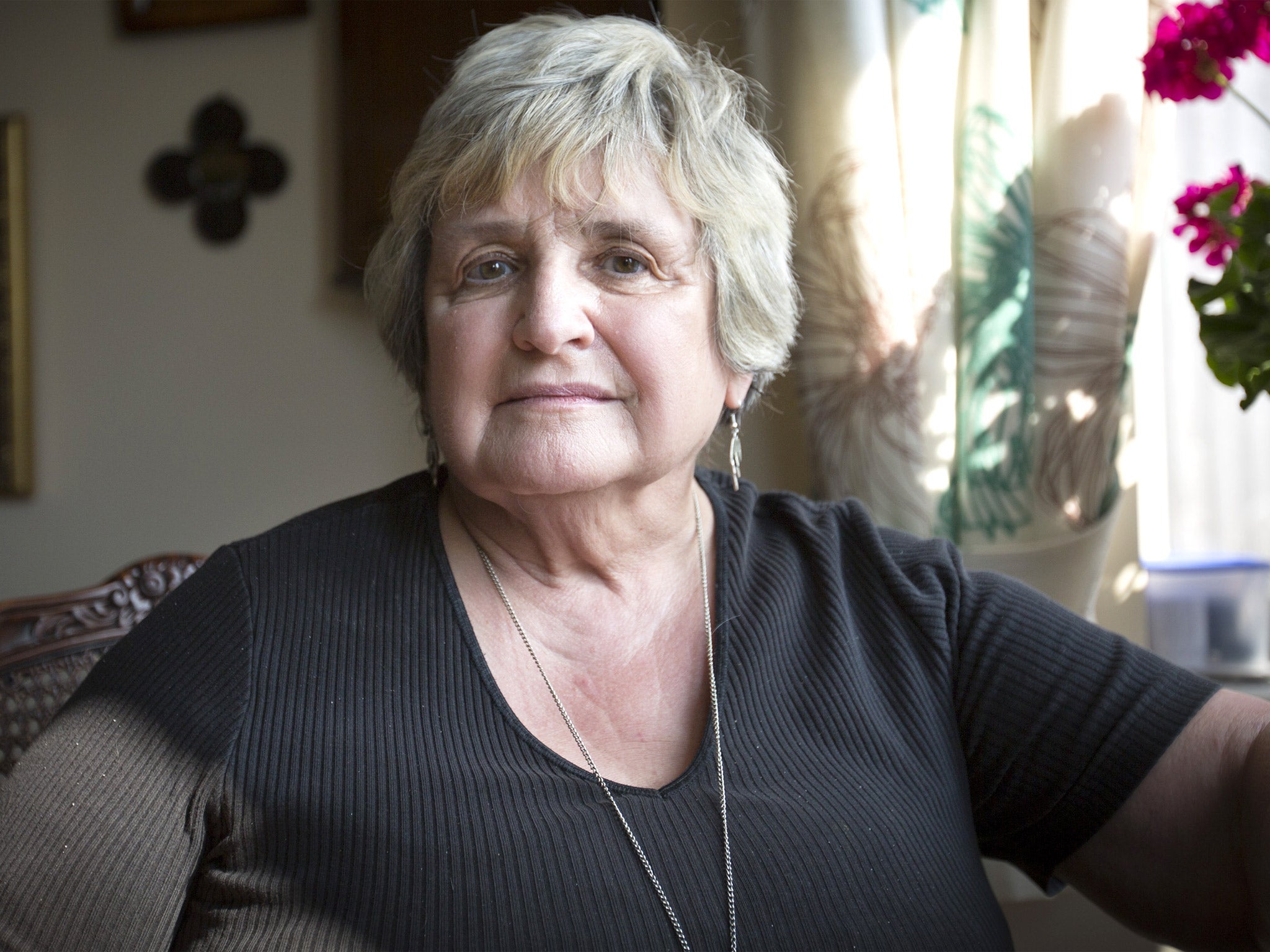Dementia sufferers are ‘cut adrift’ after diagnosis warning
Charity says there is a ‘desperate shortage’ of help for people who discover they have the disease

Dementia patients are being “cut adrift” after diagnosis, a charity has warned, with one patient claiming they received no more support than if they had been suffering tonsillitis.
The Alzheimer’s Society said there was a “desperate shortage” of information for people following diagnosis, and raised concerns that some patients were receiving news of their condition in hurried, insensitive consultations.
In a survey of nearly 400 people affected by dementia, the charity found one in five were given no information or support after diagnosis, while 90 per cent said they were “dissatisfied” with the amount of advice they received about their condition and support services. The charity also warned over diagnosis rates for dementia, which remain “unacceptably” low, despite small rises since David Cameron made improved dementia diagnosis a priority two years ago.
Jeremy Hughes, chief executive of the Alzheimer’s Society, said that being diagnosed with dementia without support from health and care services was like “entering a maze blindfolded”.
“Too many people are left without a guiding hand to help them come to terms with this debilitating, terminal condition,” he said. “The Government has shown clear commitment to improving the lives of people with dementia and action is under way to improve diagnosis rates. However, we cannot escape the lack of support following a diagnosis which leaves vulnerable people adrift.” He said that the Government should guarantee a dementia advisor – a named professional contact – to any patient diagnosed with the disease, to help them come to terms with the news and advise them on the care services they may now need.
The charity has been working with many people living with dementia who struggled to get a confirmed diagnosis – only to be left without clear advice or support afterwards.
Derek Quinn, 70, of north Wiltshire, said it had taken several years to get a diagnosis despite seeing his GP about memory problems. “It was like, ‘You’ve got Alzheimer’s, that’s it’,” he said, adding that he was left depressed in the aftermath, like he had “fallen down a dark hole.”
The Alzheimer’s Society estimates 800,000 people in the UK have a form of dementia. In England, it is estimated that less than half of those living with the condition have a formal diagnosis. In Wales the diagnosis rate is even lower, below 40 per cent, but in Scotland more than 70 per cent of people living with the disease have a formal diagnosis.
A Department of Health spokeswoman said: “We want the NHS to make sure people with dementia get support tailored to their needs, and as part of this we have ambitious plans to increase diagnosis rates. We are introducing named, accountable GPs for over-75s, who will have overall responsibility for their care, and have doubled funding for dementia research in playing our part to help people with dementia live well with the condition.”
Case Study: "It was like being told I had tonsillitis"
Shelagh Robinson, 73, from Crewe, works as a counsellor
"I was diagnosed with dementia four years ago. I got lost driving home from my daughter’s house and I didn’t know where I was. I couldn’t remember the way to places and I lost all spatial awareness; I put it down to stress. It had gone on for six to eight months before I realised something was clearly wrong.
“I went to see my GP, who was great and referred me for tests. When I received my diagnosis, I had gone to the hospital on my own. They told me my scans had shown that I had dementia and was suitable for medication. I was with the doctor for less than five minutes. It was like being told I had tonsillitis. The doctor was very abrupt; he barely made eye contact and hardly turned around from his computer screen. I went home and just hid under my duvet.
“I talked to my husband, Paul, and our children, who are in their fifties. They were really supportive. I think there is still a stigma about dementia and people are afraid of it. The Alzheimer’s Society offer a lot of information. Most of the nurses I’ve met are brilliant. Some of the consultants aren’t so good. They talk to my husband instead of me. The most important thing is to ask us what we’d like, what we need.”
Subscribe to Independent Premium to bookmark this article
Want to bookmark your favourite articles and stories to read or reference later? Start your Independent Premium subscription today.

Join our commenting forum
Join thought-provoking conversations, follow other Independent readers and see their replies